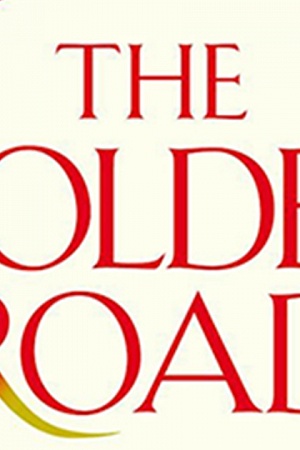The History of Emotions: An Introduction
Oxford University Press, $71.95 hb, 368 pp, 9780199668335
The History of Emotions: An Introduction by Jan Plamper
A year or so after I had begun my work in the Australian Research Council's Centre of Excellence for the History of Emotions, the immortal words of 'Ern Malley', 'The emotions are not skilled workers', bored a hole into my brain, dug around a bit, and settled there as a perpetual irritant. Malley's phrase has an oblique genealogy. Coined by James McAuley and Harold Stewart as an enigmatic pronouncement of the fictional poet, it was ostensibly a quotation from Lenin. Chris Wallace-Crabbe also invoked it as the title of his 1980 poetry collection. The emotional baggage of this phrase, then, is not inconsiderable.
From time to time, as the research of our Centre proceeds, this phrase comes to mind again. Sometimes I embrace it to marvel at the ways the emotions resist many of our best attempts to track and understand their elusive dynamics. This happens especially when I am thinking about the slightly anomalous role that literary texts play in the history of emotions: it can be a good thing that the emotions resist the attempt to pigeonhole, name and categorise all forms of behaviour, and literature is a prime case of emotional work that can be both powerful yet ambiguous. But at other times this phrase haunts me more darkly: how can we make sense of a scholarly field that is so diffuse and so divided, its subject matter so elusive? What kind of skilled work do the emotions need?
Continue reading for only $10 per month. Subscribe and gain full access to Australian Book Review. Already a subscriber? Sign in. If you need assistance, feel free to contact us.











Leave a comment
If you are an ABR subscriber, you will need to sign in to post a comment.
If you have forgotten your sign in details, or if you receive an error message when trying to submit your comment, please email your comment (and the name of the article to which it relates) to ABR Comments. We will review your comment and, subject to approval, we will post it under your name.
Please note that all comments must be approved by ABR and comply with our Terms & Conditions.